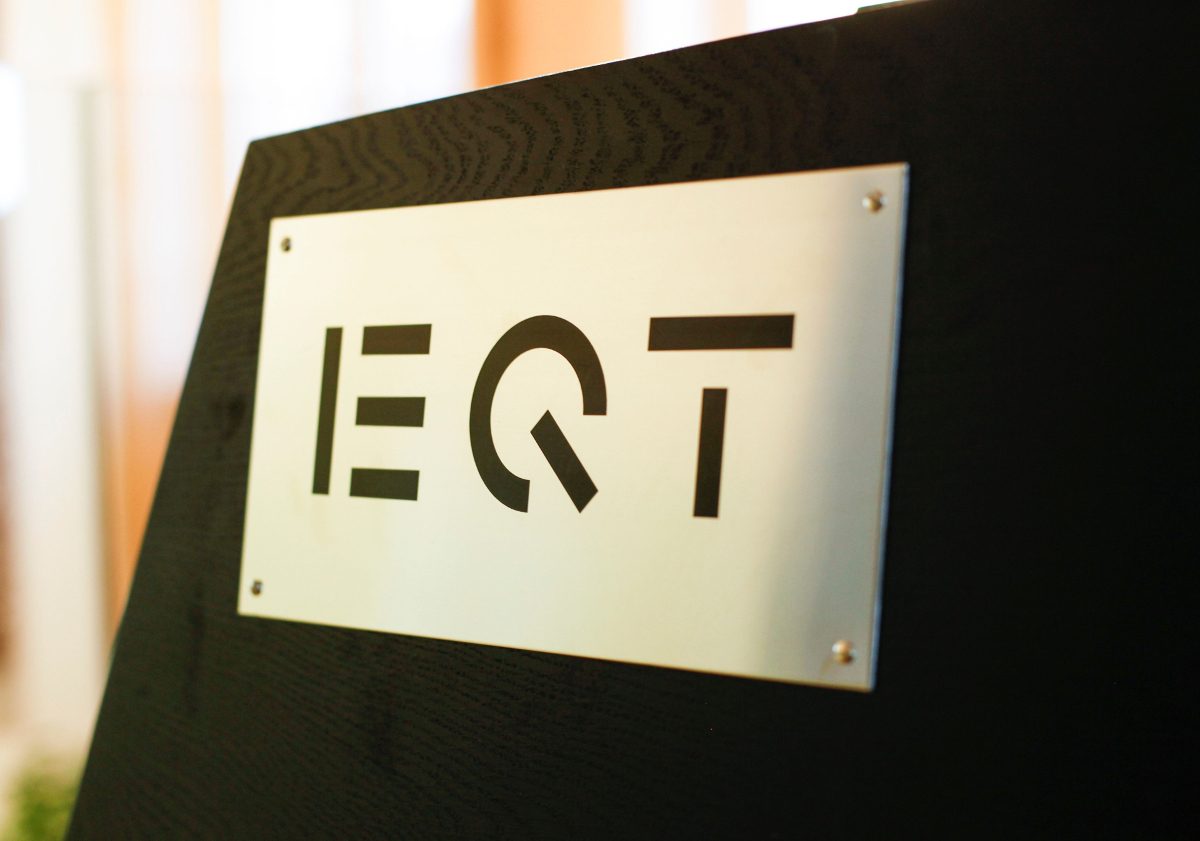Stockholm-based investment house EQT Group said it will formally launch its next Asia buyout fund in mid-August, as its current Asia vehicle is around 70% invested.
The ninth BPEA EQT fund will, therefore, be activated in H1 2025, said Gustav Segerberg, EQT’s head of business development, at the firm’s half-year report announcement on Thursday. While EQT did not divulge a target size for BPEA IX, its predecessor, BPEA VIII, had raised over $11 billion in 2022. A Bloomberg report earlier this year had suggested that the next Asia flagship fund could top the value of BPEA VIII.
In January 2024, i.e a year after the merger of EQT and BPEA, the Asia private equity business of the combined entity rebranded as EQT Private Capital Asia.
Christian Sinding, CEO of EQT, said now “is a reasonably good time” to raise the firm’s next flagship vehicles, including its Asia fund. He opined that there was just a cyclical element in the industry where “drawdowns exceed distributions”, but he believes this adjustment period will soon be over, given the exit activity going on in the market.
“Internally, we remain laser-focused on exits and performance. We have a large number of exit processes ongoing and in preparation,” said Sinding.
Segerberg added: “Six months ago, the uncertainties in the market were so significant that we didn’t think it was worth putting management teams’ time and effort into exit processes that may not materialise.”
The executives are positive that the denominator effect has ended, the interest rate pressure is easing, and there is going to be less political risk, signalling an improvement in both fundraising and exits.
However, Segerberg foresaw that extensions in fundraising will continue to happen. He added that EQT expected its flagship fundraising cycle to be around 3-3.5 years. That allowed the firm to balance between investing in a well-diversified portfolio and having time to realise earlier funds and generate liquidity for clients, he said.
Meanwhile, Sinding observed that challenges will remain with some LPs in terms of the cash flow issue, particularly with pension investors in North America which have overallocated to private equity in the past couple of years.
At the same time, he found an interesting dynamic in Asia, where the private market is still burgeoning and a lot of LPs are meaningfully increasing their commitments to private markets.
“We’ve seen increasing ticket sizes in our latest fundraisings,” the CEO added.
He also saw a strong interest from the Middle East, whereas it’s a mix in Europe. “It depends on the type of client that we have [in Europe], but we have some very strong relationships in the region,” Sinding said.
EQT will also be raising its first infrastructure transition fund, along with EQT X and EQT Infrastructure VI.
In May, the firm closed its Asia mid-market fund at $1.6 billion, which focuses on the technology, services, and healthcare sectors across Asia, prioritising India, Southeast Asia, Japan, and Australia.



